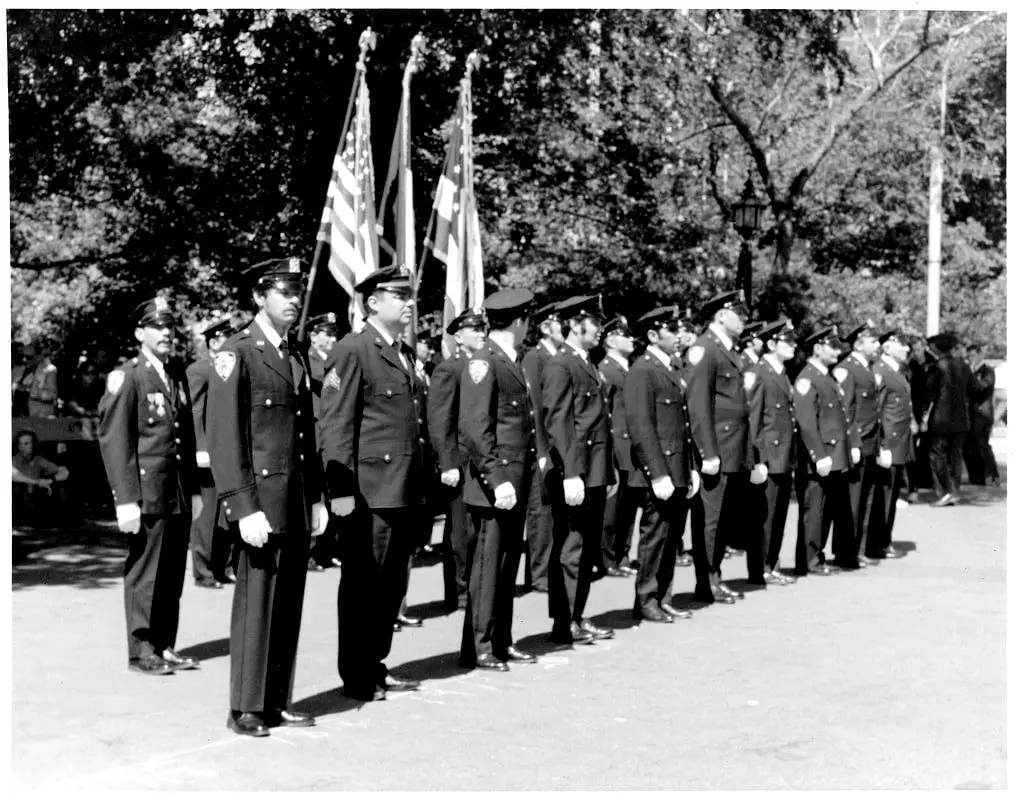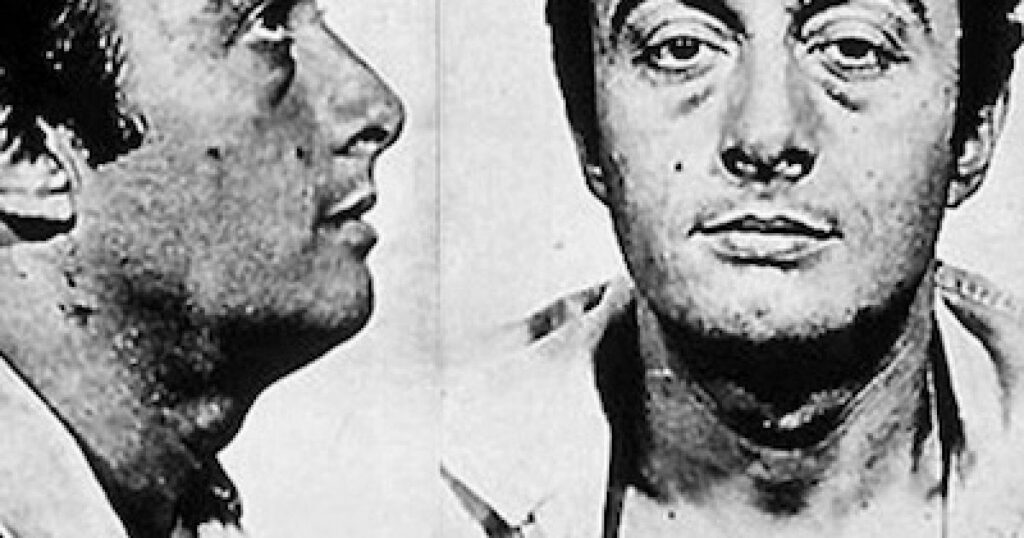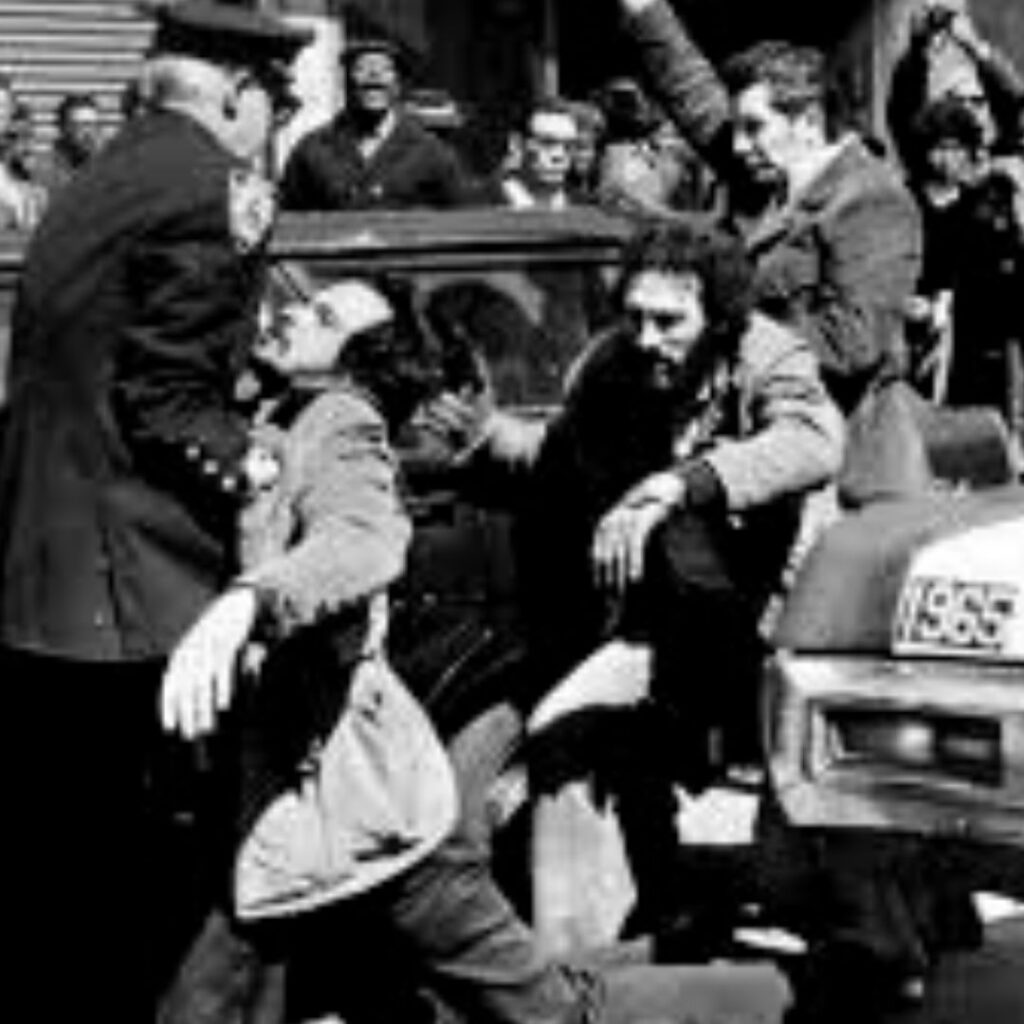Homicide
A BEARD AND A BADGE: THE BAD OLE DAYS
Randy Jurgensen’s life reads almost like a movie script in itself—a combination of bravery, danger, controversy, and reinvention.
In his early NYPD career, Jurgensen was part of a groundbreaking investigation in the 1960s. Randy went deep undercover to solve a wave of murders targeting homosexuals in New York City. This was at a time when societal attitudes were far less progressive, adding an additional layer of complexity to the work. The killers impersonated police officers, exploiting trust to carry out their crimes. This chilling case became the inspiration for the controversial film Cruising (1980), where Jurgensen’s undercover role was reimagined and portrayed by Al Pacino. The film sparked debates due to its depiction of gay subcultures, but it also highlighted the unique and dangerous nature of Jurgensen’s work.


His undercover work extended to confronting the Black Liberation Army (BLA), an organization known for its militant stance and high-profile attacks during that era. Jurgensen’s efforts to infiltrate and gather intelligence on the BLA came with extraordinary personal risks.
Equally as dangerous was Jurgensen’s arrest and the subsequent conviction of a cop killer who was tied to a prominent organized crime family. The reported $50,000 bounty placed on his life—a staggering figure at the time—underscored the peril of his mission. That bounty is rumored to persist even today, serving as a testament to how deeply he was embedded in these dangerous investigations.
One of the most pivotal periods of his career occurred during his leadership in the investigation into the murder of Officer Phil Cardillo. Cardillo was killed in what became known as the “Harlem Mosque Incident” in 1972, a case marked by political tensions, allegations of cover-ups, and public outcry. Jurgensen faced considerable pressure and resistance during this investigation, which remains unresolved and is still a source of speculation.
Jurgensen’s career took a sharp turn when he was forced to retire after pleading nolo contendere (no contest) to charges brought against him. While the specifics of these charges are not widely discussed, this marked the end of his formal career in law enforcement.



